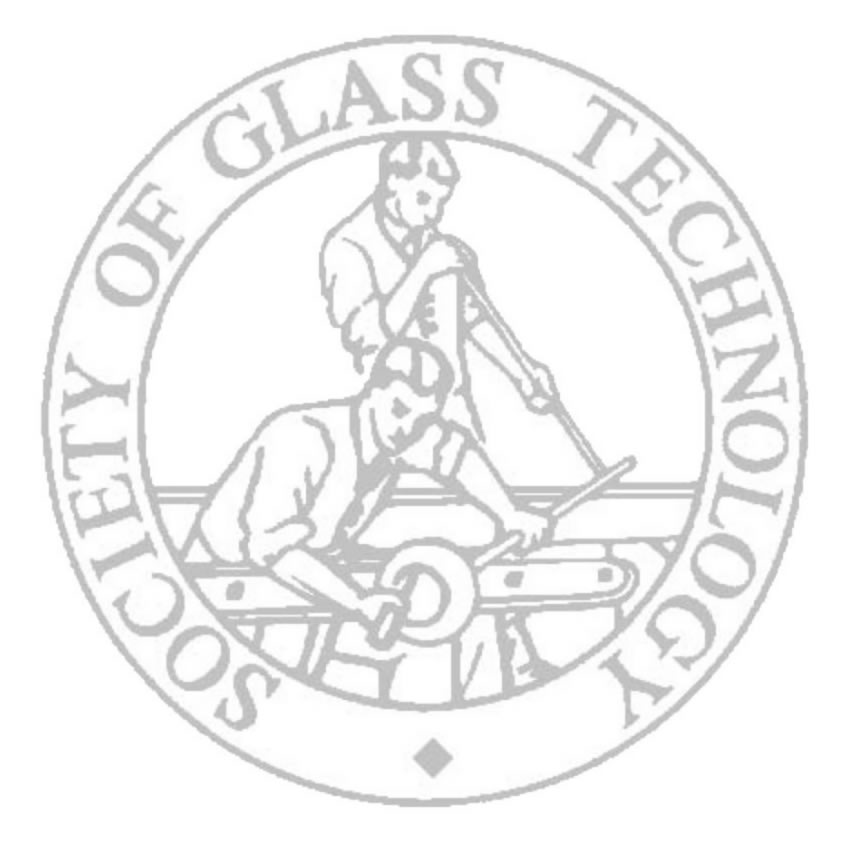
Cambridge 2008
|
Simon Hodgson,University of Teesside
The thermal stability of the electrical insulation used in the windings and coils is one of the major practical limitations on future developments of high performance electrical machines and generators, constraining the size, output power, efficiency, and imposing significant design limitations in terms of positioning and coolant systems.
Current systems rely almost exclusively on organic insulation systems, with demanding performance requirements in terms of insulation thickness, continuity, dielectric strength, mechanical flexibility, toughness and abrasion resistance.
Here we discuss a novel electrical insulation system, developed for aerospace application, which provides a step change in the temperature capability compared to current materials, whilst meeting or exceeding the electrical and mechanical requirements.
The system, is essentially an inorganic composite in which organic functionality is added via the use of sol-gel hybrid technology. The organic phase, is essentially a process aid to facilitate manufacture and assembly of the coil and electrical machine, and is removed in service at the elevated operating temperatures (circa 500oC) at which it is designed to operate. The system is designed to facilitate this without compromising the electrical integrity of the system.
The system, for which a patent application has been filed, is dependent for its performance on the distribution and relative proportions of the sol-gel “binder” and the particulate matrix phase, the size and nature of the organic moity in the organosilane precursor and control of the thermal transformation of the silane to a more conventional glassy phase. These will be discussed in more detail.
| SGT Home page |